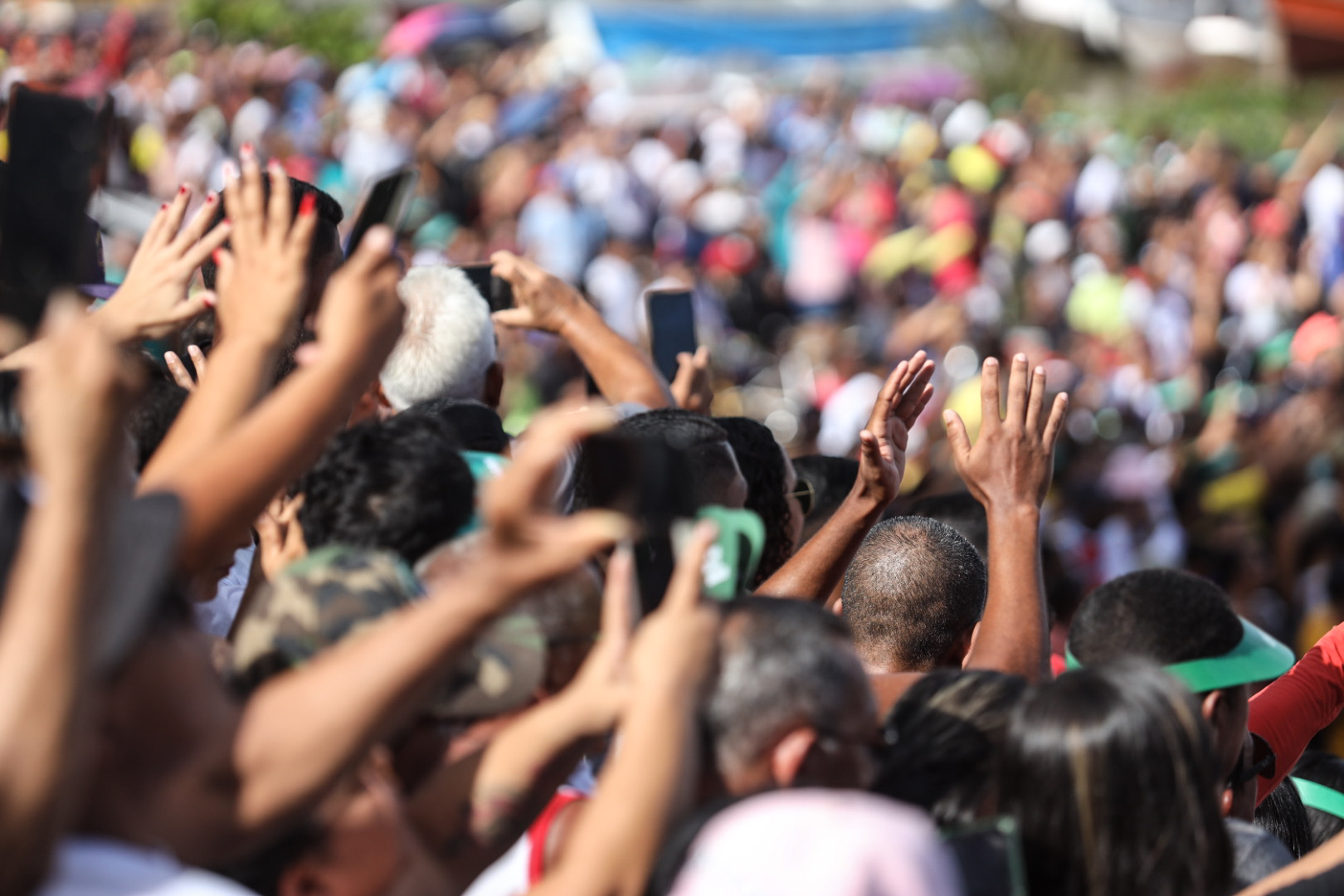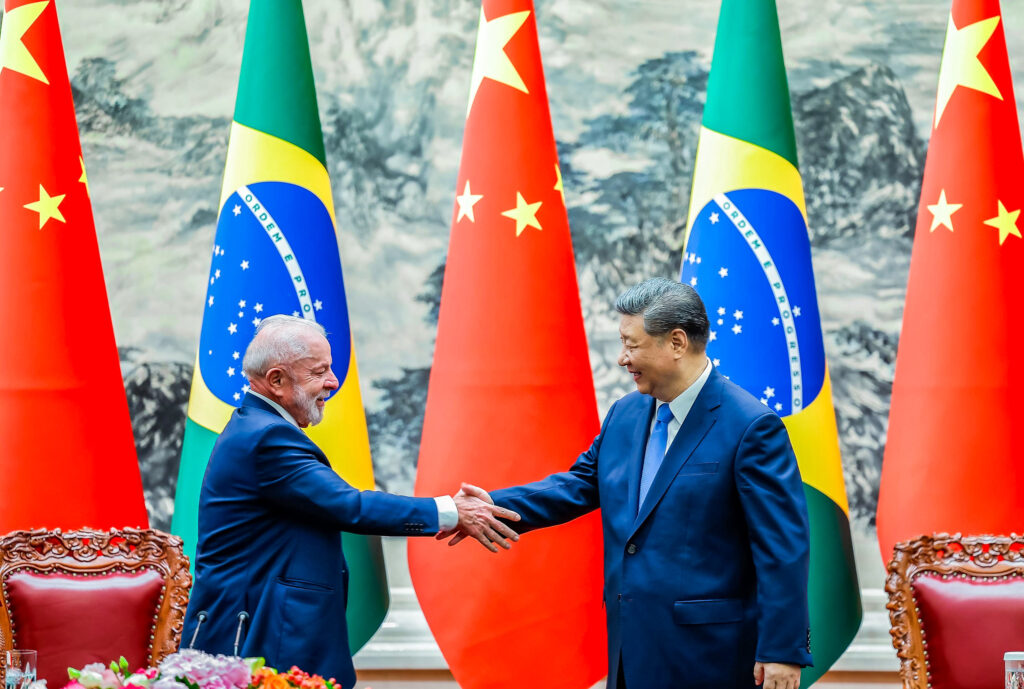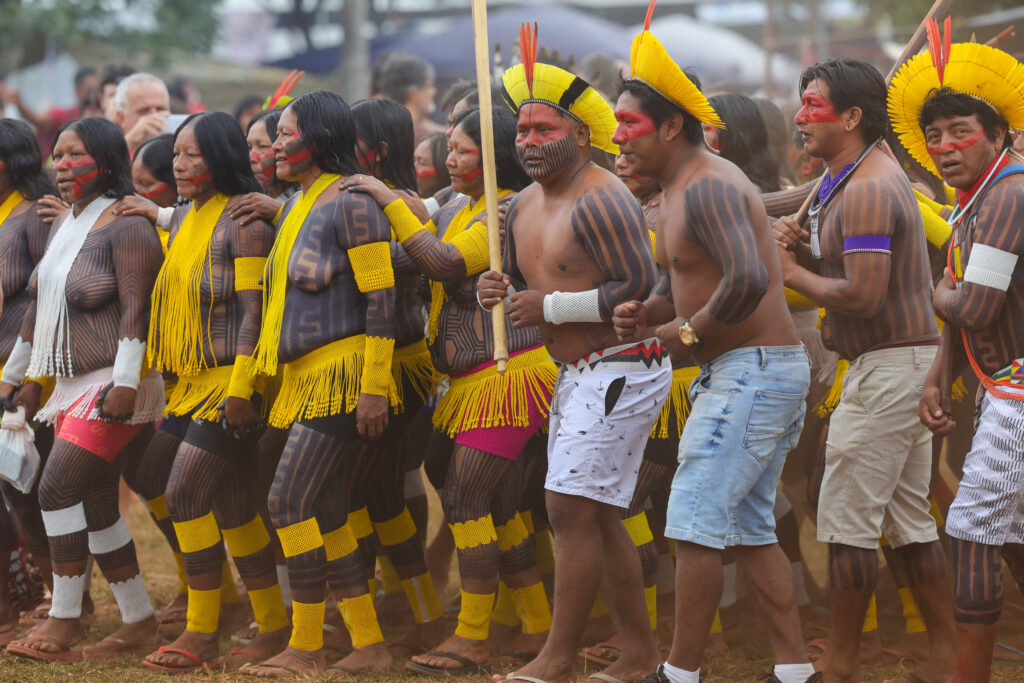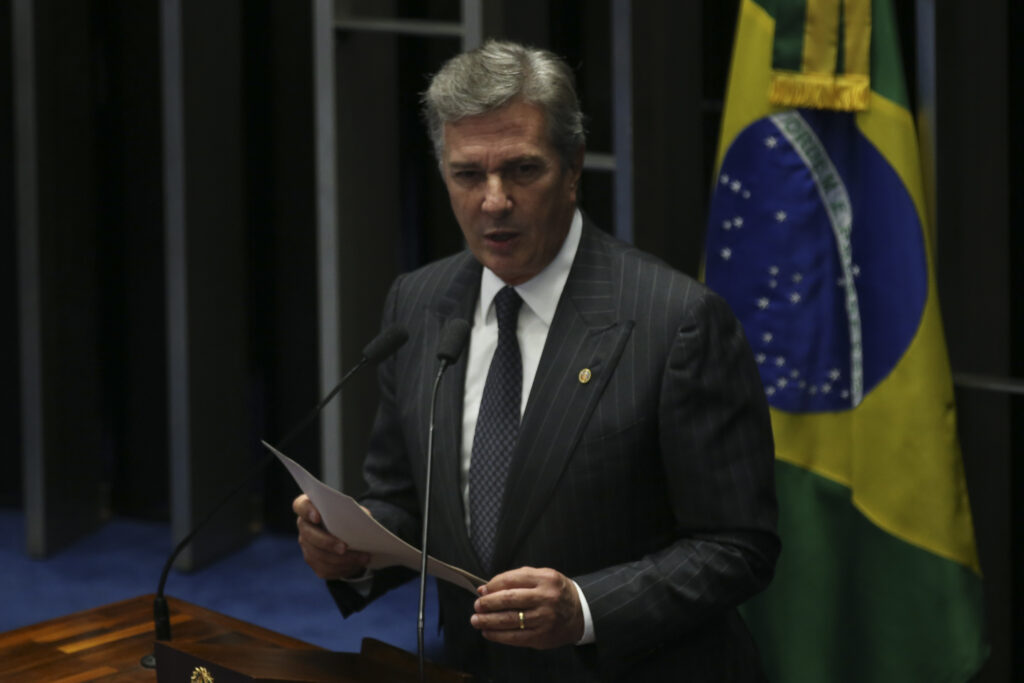São Paulo, Brazil – A study recently released by the French research institute Ipsos revealed that Brazil, South Africa, and Colombia have the highest percentage of people who claim to believe in God in the world.
According to the survey, 89% of Brazilians identify as believers in God or a higher power or spirit. Out of this total, 70% claim to believe in a single God as the supreme being described in the scriptures of the Christian Bible, the Torah of Judaism, and the Quran of Islam. Additionally, 19% state their belief in a superior power or higher force, not necessarily the God revealed in religious texts.
South Africa shares the top position in the ranking with Brazil. There, the Ipsos Institute also found that 89% of the population declares themselves as believers in God or higher powers. In Colombia, the index stood at 86%.
Mexico (85%) and Peru (84%) complete the list of the top five countries with the highest percentages of people who identify as believers in God or higher powers. The United States (72%) stands in the 10th position and the global average was 61%.
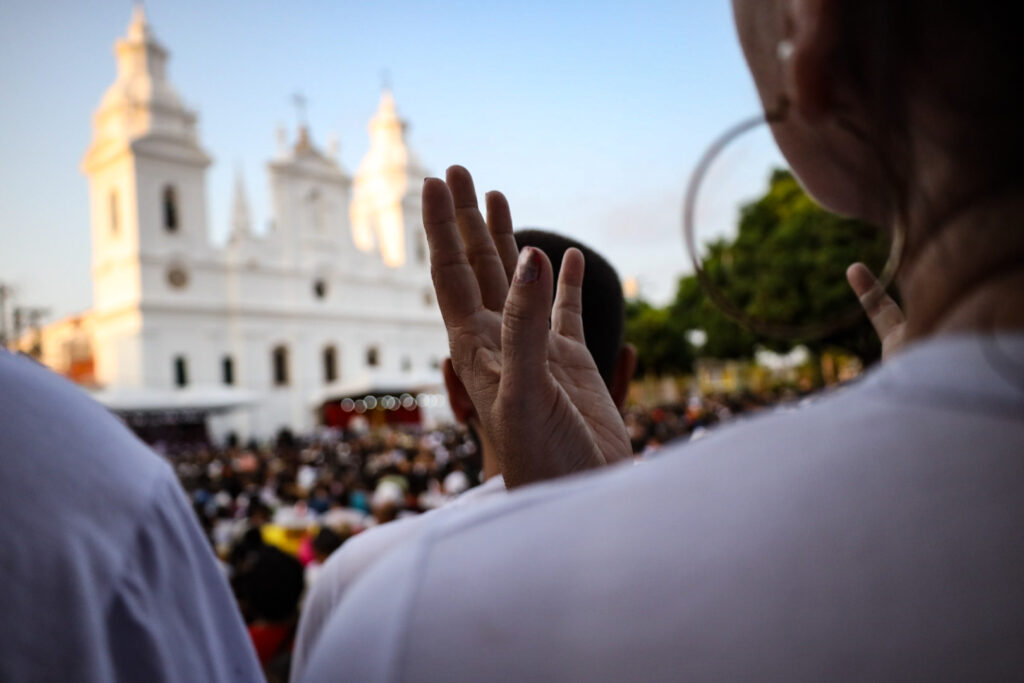

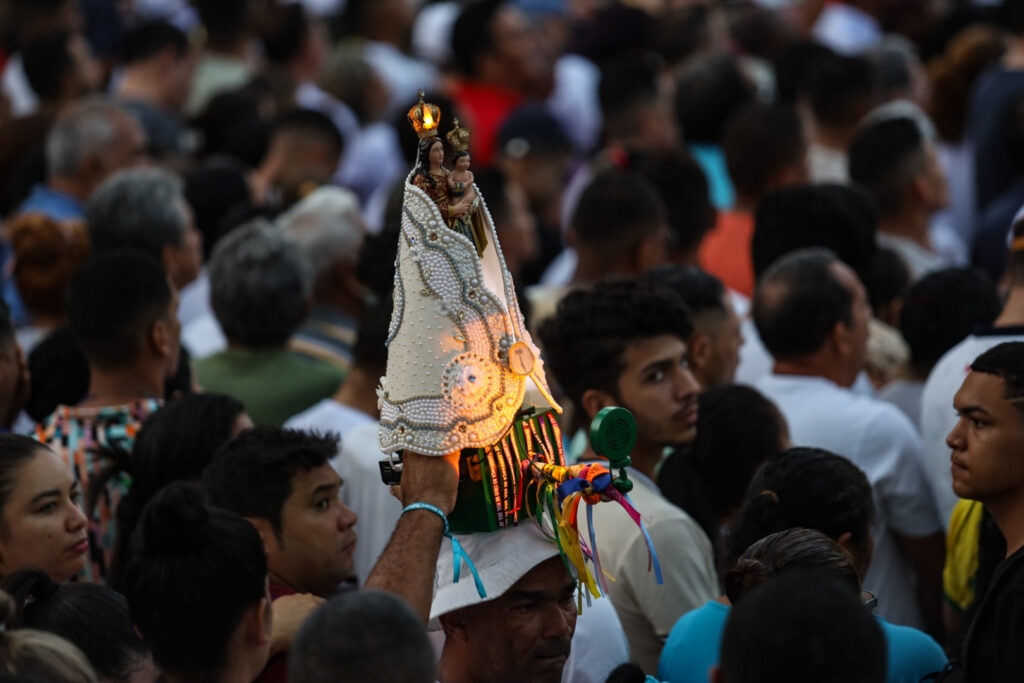
In an interview with Brazil Reports, Ricardo Mariano, a sociologist, and professor at the University of São Paulo, said the research conducted by Ipsos supports statistical data showing that countries with higher per capita GDPs, such as the Netherlands, Japan, and South Korea, have lower levels of religiosity, or a strong sense of religious belief.
Educational indicators also influence this scenario, according to Mariano. He said the trend is that the higher the level of education in a country, the lower the religious engagement of its population.
“The Ipsos data reaffirm sociological theses that economic development and modernization tend to lead to a reduction in the levels of religiosity among the population. In contrast, underdevelopment, poverty, and inequality, by increasing social vulnerability and feelings of insecurity and risk, tend to promote higher levels of religiosity,” the professor added.
Politics and Religion
In Brazil, the Ipsos survey found that 70% of the population believes in the God worshiped by Christians, Jews, or Muslims. With such a high percentage, it is not difficult to see that religion is deeply rooted in all sectors of society, including politics, where representatives of evangelical Christianity have been gaining increasing prominence in recent decades.
The Brazilian Congress, for instance, has had an Evangelical Front since 2003. The Evangelical Front is a caucus of evangelical lawmakers from different political parties.
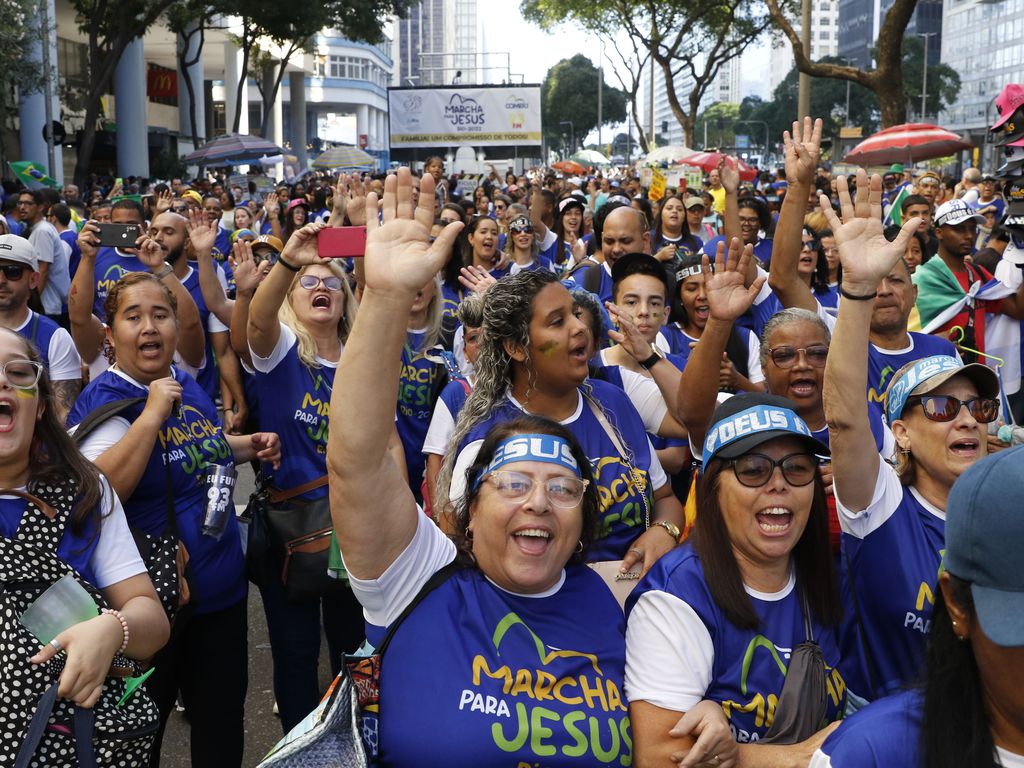
Read more: Evangelicals: the rising political base that could impact Brazil’s elections
According to Professor Mariano, many of these these deputies and senators are unable to separate their religious mission from their political activities. Convinced that Christianity, religious freedom, Christian values, and the family are under threat, lawmakers use their positions to defend biblical beliefs and moralities and hinder the advancement of discussions on the legalization of issues such as abortion, decriminalization of drugs, and expansion of LGBTQIA+ rights.

“The main features of evangelical political activism are moral conservatism, anti-communism, political-party right-wingism, anti-pluralism, rejection of the principle of secularism, combat against sexual and reproductive rights, and human rights policies,” said the professor.
According to Mariano, for over half a century, Pentecostalism has been the fastest-growing religious movement in Brazil and Latin America, exerting a high degree of influence over its followers. This power of persuasion involves various aspects such as adherence to beliefs, moral values, political-ideological positions, and practices, such as attending worship services, donating financial resources, and participating in charitable activities, among many others.
In the professor’s view, more conservative Christian groups can create subcultures to replace literature, music, leisure, and other activities seen as transgressive and sinful, with others that are more aligned with Christianity, tending to reduce social interactions outside the religious group.
“The higher the religious commitments assumed by the faithful, the greater the influence exerted by the priestly authorities over them,” explained Mariano.


